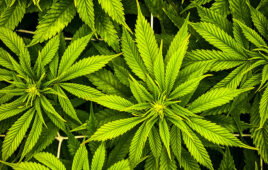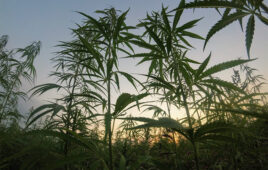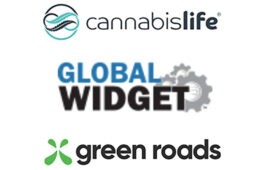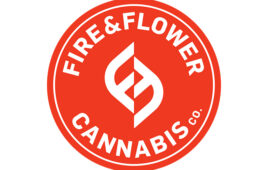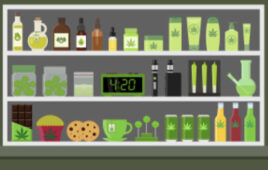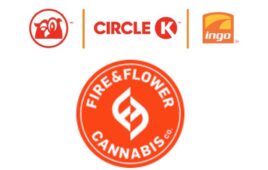Almost immediately after the 2018 Farm Bill was enacted, legalizing retail sales of cannabis-derived products, there was a deluge of cannabidiol (CBD) products. Today, CBD-curious consumers have plenty of options, as do c-stores looking to add the category. In fact, IBIS World stated CBD manufacturing in the U.S. grew an annual average of more than…
Hemp Industry Representatives Issue Letter to House Energy and Commerce Committee
Representatives from the hemp industry recently joined forces to issue a letter to leaders of the House of Energy and Commerce Committee, urging the committee to expedite a hearing on the Food and Drug Administration’s (FDA) regulation of the hemp market, including products such as CBD. Among contributors to the letter were 28 non-profit organizations,…
United Hemp Industry Provides Updated Farm Bill Priorities
A united hemp industry, comprised of 33 non-profit organizations, has come together to advocate for seven objectives that they wish to be included in the next U.S. Farm Bill. The objectives aim to create more jobs while providing regulatory direction for farmers. Specifically, the industry has urged Congress to: Regulate CBD and other ingredients derived…
Finding a Legal Pathway for Cannabinoids Continues
The opportunity for cannabidiol (CBD) sales in c-stores hangs in the balance as retailers wait to learn the fate of this growing category. In 2018, the Agriculture Improvement Act (Farm Bill) removed hemp and hemp-derived CBD from the Controlled Substance Act. Also, since the Farm Bill has been in effect, the Food and Drug Administration…
Congress Seeks Input Regarding CBD
Congress has announced a Request for Information (RFI) regarding a regulatory fix for cannabidiol and other hemp-derived cannabinoid products. The RFI comes five years after the legalization of CBD products via the Farm Bill, which is the primary agricultural and food policy instrument of the federal government, reported Harris Bricken. In 2018, hemp and hemp-derived…
Global Widget Acquires Two New Brands
Global Widget has announced the acquisition of the Miami-based Green Roads and Cannabis Life brands — two of the most recognized hemp-cannabinoid product lines. Global Widget is adding the Green Roads and Cannabis Life brands to its brand portfolio which includes Hemp Bombs, Mystic Labs, Hyper Brain iQ and Nature’s Script. By merging the current…
Fire & Flower Files for Bankruptcy Protection
Fire & Flower Holdings Corp. and its subsidiaries have received an order for creditor protection (Initial Order) from the Ontario Superior Court of Justice under the Companies’ Creditors Arrangement Act (CCAA). The company has been actively pursuing additional financing to raise capital to fund its operations, and on May 26, 2023, engaged a financial advisor to…
A Place for CBD
While the Food and Drug Administration (FDA) continues to evaluate cannabidiol (CBD) to determine a new regulatory pathway for CBD in foods and supplements, customers are nonetheless still purchasing CBD-containing products. Ready-to-drink tea and coffee that contain CBD saw a 3.3% increase in dollar sales at convenience stores for the 52 weeks ending April 23,…
Couche-Tard Signs Licensing Agreement with Canadian Cannabis Retailer
Alimentation Couche-Tard signed a master licensing agreement with Canadian cannabis retailer Fire & Flower Holdings, according to MJBizDaily. “Fire & Flower is required to notify Couche-Tard only of new franchise or licensing opportunities and has agreed to negotiate with Couche-Tard for an exclusive negotiation period prior to entering into a new franchise or licensing agreement…
CBD Awaits FDA Direction
Consumers continue to demand cannabidiol (CBD) products in c-stores for their numerous benefits even though regulations are underway. The CBD industry has gained attention from consumers and retailers over the past few years. CBD is touted for its perceived health benefits, including relief for pain and anxiety, weight loss and heart health, among others, and…

